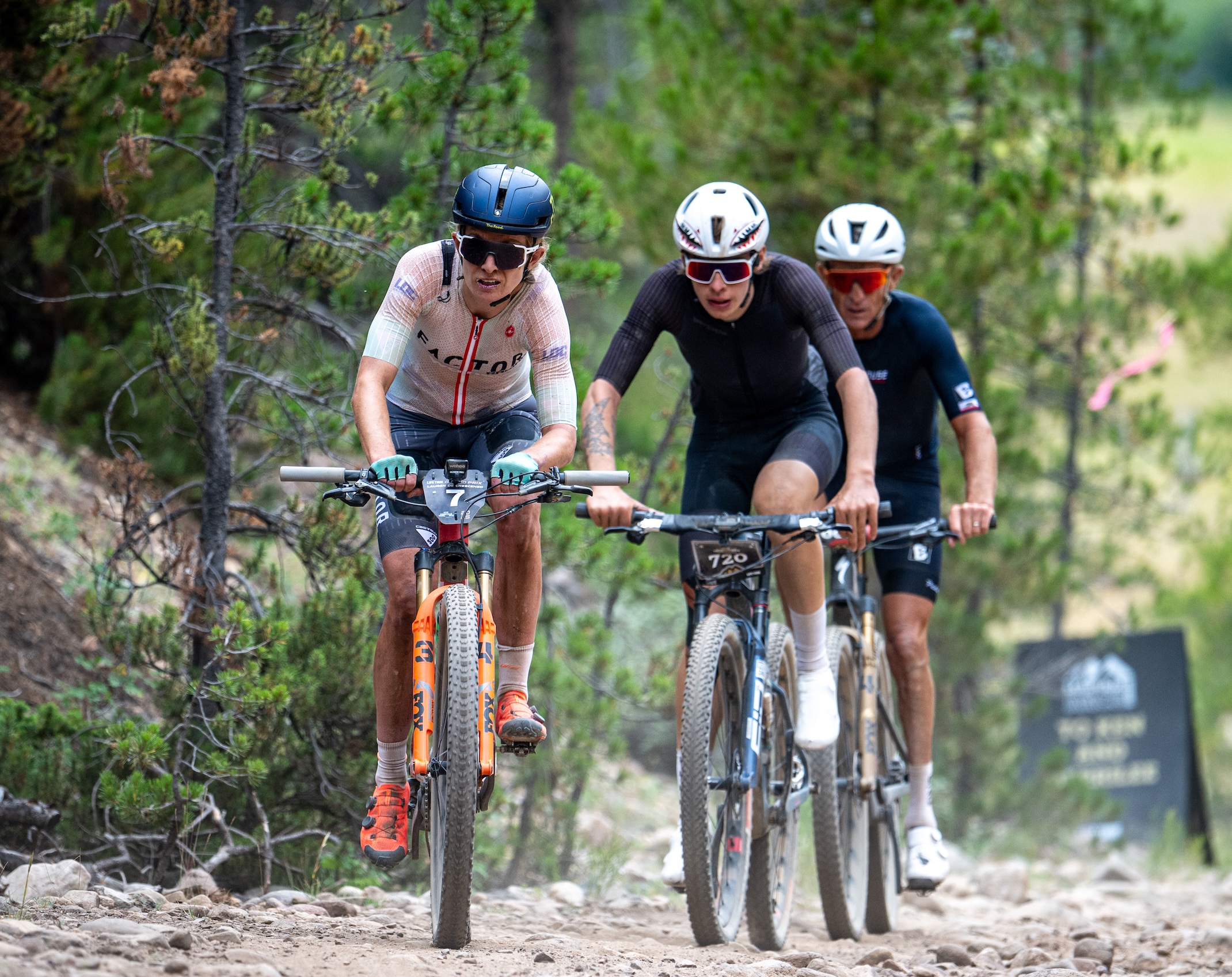Opinion: Evans' legs did the anti-doping talking
A reflection on the Australian's career
The latest race content, interviews, features, reviews and expert buying guides, direct to your inbox!
You are now subscribed
Your newsletter sign-up was successful
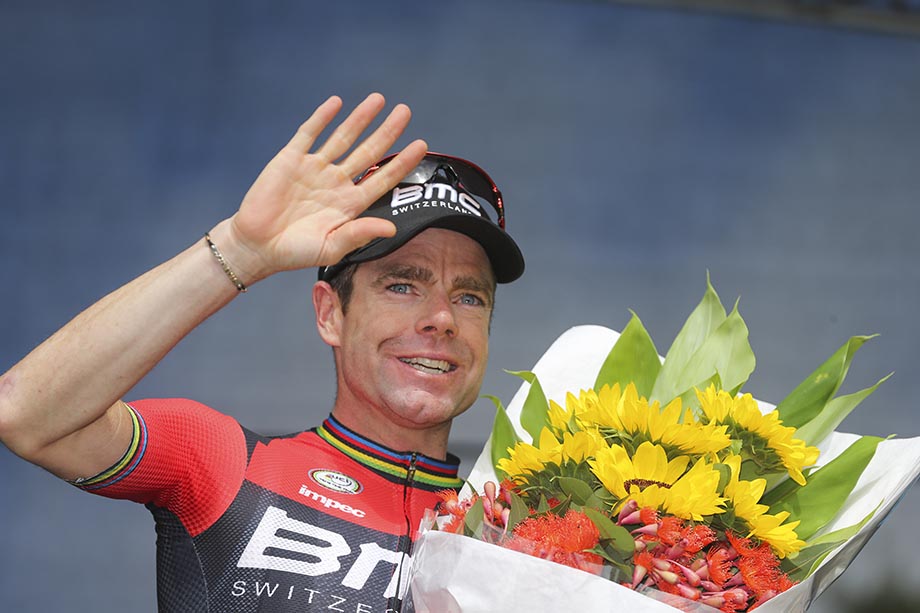
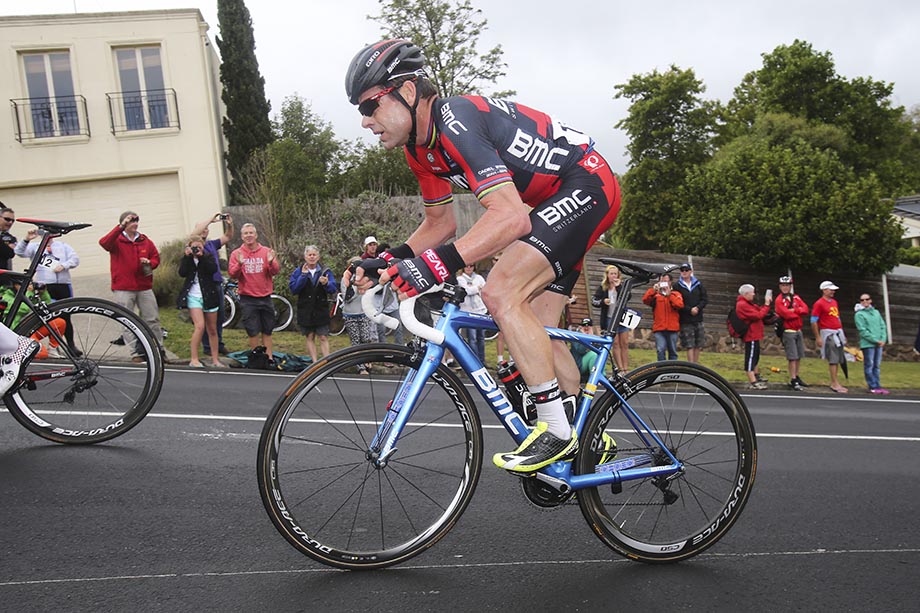
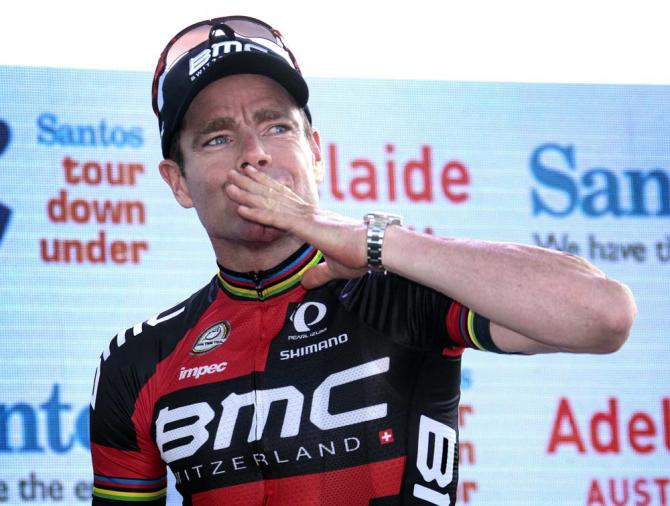
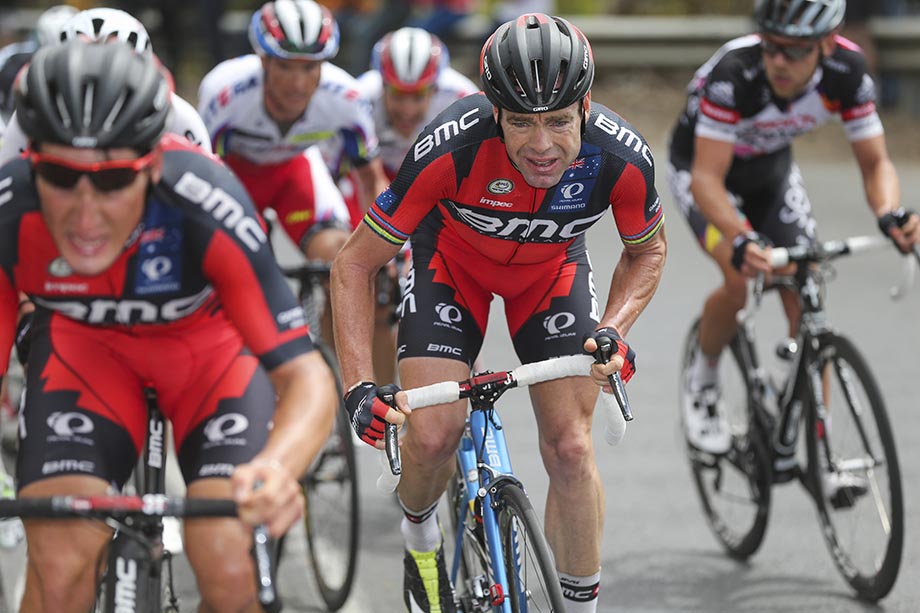
Cadel Evans walked away from the peloton in a brilliant way by creating a competitive event that appears as a very useful legacy to the sport of cycling. In a few years' time, the first Tour de France winner, who came from mountain biking and from the Southern Hemisphere, might as well be remembered as the opener of a new era: the post-Lance Armstrong period marred by excessive doping. Interestingly, he has hardly spoken about that. History shows that he was right to do so.
On his visit to the Santos Tour Down Under one week earlier, Greg LeMond asserted that Evans would have won more than one Tour de France had he not been delayed in his rise to power among the top Grand Tour riders by "the dark period" of Lance Armstrong. Questioned by Rupert Guinness for Fairfax Media about this view of his career, the Australian answered: "I don't have any bitter feelings or anything. I came into the sport and the sport was the way it was, and it changed in the period I was in it – and I certainly think it changed for the better and it needed to change. But I couldn't change it single-handedly.
"Cycling needed to change and it has changed tremendously. I always thought the best I could do for the fight against doping in sport was to not say anything. It was to win the Tour de France and I focussed on doing that."
As he praised his successive coaches – Damian Grundy, Aldo Sassi and Andrea Morelli – for having kept him away from the temptation to use performance-enhancing drugs, Evans puts his mark in the history of anti-doping as a champion who used silence and time to fight the cheats.
Frenchman Christophe Bassons chose the exact opposite way in 1999 as he spoke out against doping and highlighted that he was riding clean himself. Cycling probably needed people like him to raise awareness about the problem that wasn't solved after the 1998 Tour de France.
While officials in the early 2000s governed the sport with closer ties to Armstrong and infamous sports director Manolo Saiz than to anti-doping campaigners, a former doper like Jesus Manzano also helped the world to understand what was going on with blood transfusions after the EPO era. But they got burned by the system and the omertà – the code of silence. There was no room for them in the peloton and their careers were cut short. Armstrong's influence as a "bully" remained until he and his accomplice Johan Bruyneel were ousted by USADA in 2012.
Over the years, several journalists have been amazed by Evans' answers when he was questioned about the dopers who obviously stole part of his career. He seemed to not realize that he was a victim. He may not have known everything that happened in his environment but even before he bought his first smartphone and entered the world of tweets, blogs and online reports, he'd read the news. And doping has been an everyday topic in the cycling community since the 19th century, so he couldn’t ignore that doping was a reason for being side-lined inside the Telekom team he rode for in 2003 and 2004.
The latest race content, interviews, features, reviews and expert buying guides, direct to your inbox!
Evans finished eighth in the first Tour de France he took part in after moving to Lotto in 2005. The top seven were eventually busted for doping: Armstrong, Ivan Basso, Jan Ullrich, Francisco Mancebo, Alexandre Vinokourov, Levi Leipheimer and Michael Rasmussen. The following year, Floyd Landis was the first winner to test positive.
Evans lost the 2007 Tour by twenty-three seconds to Alberto Contador but always joked about the tight difference at the end rather than accept the analysis that he lost those precious seconds by trying to follow Rasmussen who was eventually expelled from the race.
He hadn't much to say about Riccardo Riccò, Bernhard Kohl or Stefan Schumacher, who failed doping tests in 2008, the same year that the biological passport was implemented, and Evans finally went on to become a winner of the World Championships, the Flèche Wallonne and the Tour de France.
He must have been deeply annoyed on many occasions. We understood that privately, he expressed his anger and bitterness. How many Tours could he have won if the dopers hadn't stolen the show? He replies by saying that all the difficulties he encountered have made him a winner. First mountain biker, first Australian... or first diplomat to have won the Tour de France?
